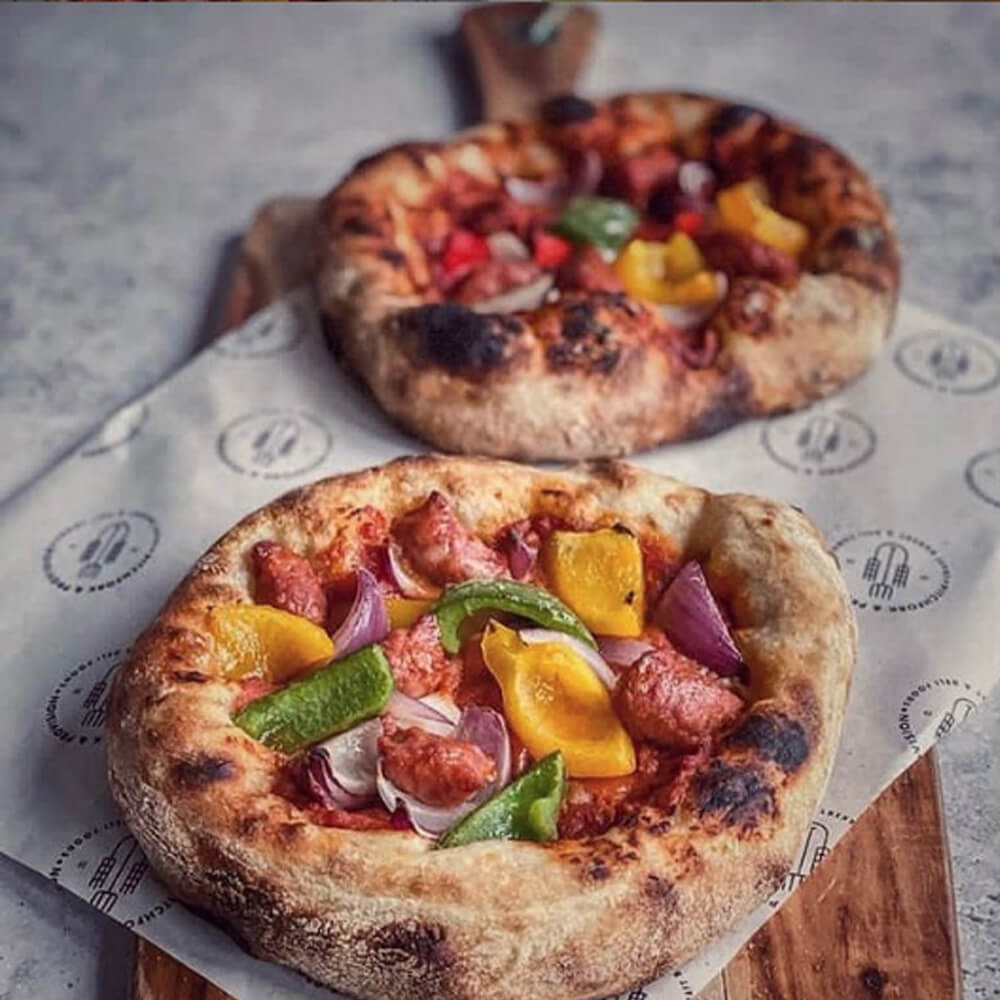The Versatility and Significance of Folding Boxes
In today's fast-paced commercial landscape, packaging is no longer just about protecting goods; it has evolved into a strategic element that influences consumer perception and drives brand loyalty. Among the myriad of packaging solutions available, folding boxes have gained considerable attention due to their versatility, sustainability, and aesthetic appeal. This article delves into the importance, applications, and benefits of folding boxes in various industries.
Definition and Features
Folding boxes, also known as folding cartons, are made from paperboard and are designed to be shipped flat, which maximizes storage efficiency and reduces transportation costs. These boxes are easy to assemble and can be customized in various shapes, sizes, and colors, making them a favored choice among manufacturers and retailers alike. Their design allows for a range of finishes, including gloss, matte, and embossed textures, which can enhance the visual appeal of the product inside.
Applications Across Industries
Folding boxes are incredibly versatile and find applications in numerous sectors. In the food and beverage industry, they are essential for packaging items like snacks, cereals, and frozen foods. Their ability to provide an airtight seal helps preserve the freshness of food products, while their attractive designs captivate consumers on store shelves.
The cosmetic and personal care industry also utilizes folding boxes extensively. These boxes not only house the products but also serve as vital marketing tools. Eye-catching graphics and elaborate designs can convey a brand's identity and values, making them a pivotal part of the consumer's buying decision.
Electronics and household goods manufacturers rely on folding boxes for packaging their products too. The sturdy nature of paperboard provides sufficient protection against potential damages during shipping, while the customizable design allows for branding that resonates with tech-savvy consumers.
Environmental Considerations
folding boxes

In an era where environmental sustainability is paramount, folding boxes have the advantage of being recyclable and biodegradable
. As consumers become more environmentally conscious, companies are opting for sustainable packaging solutions to align with these values. Many manufacturers have started using recycled materials in their production processes, further reducing their carbon footprint. With the ability to fold flat for efficient storage and transport, these boxes minimize waste both in production and at the consumer level.Cost-Effectiveness
One of the most significant advantages of folding boxes is their cost-effectiveness. Compared to rigid packaging solutions, folding boxes are generally less expensive to produce, which can translate to lower retail prices for consumers. Additionally, their lightweight nature reduces shipping costs, making them an economical choice for businesses of all sizes.
Branding and Marketing Opportunities
Folding boxes offer unique branding opportunities that can differentiate a product in a crowded marketplace. Custom designs can incorporate logos, taglines, and vivid imagery that resonate with target demographics. The tactile experience of opening a well-designed folding box can also create a memorable unboxing moment for consumers, fostering brand loyalty and encouraging repeat purchases. Brands can leverage this aspect by ensuring that unboxing feels special, thereby enhancing customer engagement.
Challenges and Innovations
While folding boxes offer numerous benefits, there are challenges associated with their use. Durability and the ability to protect fragile items during transit are often primary concerns for businesses. However, innovations in packaging technology have led to the development of stronger materials and advanced structural designs that address these issues. Furthermore, digital printing technologies have revolutionized how companies create packaging, enabling shorter production runs and greater customization without significant costs.
Conclusion
Folding boxes are more than just functional packaging solutions; they embody an intersection of design, marketing, and sustainability. As consumer demands evolve and the push for eco-friendly practices intensifies, the significance of folding boxes will only continue to grow. Their adaptability across various industries, combined with their cost-effectiveness and environmental benefits, makes them a vital component in contemporary packaging strategies. As businesses seek to enhance their product presentation and align with sustainable values, folding boxes stand out as a premier choice that meets both practical and aesthetic needs. In a world increasingly focused on responsible consumption, folding boxes will undoubtedly play a crucial role in shaping the future of packaging.



